Modern storage facilities are not dusty shelves with cardboard boxes or barns at the entrance. Warehouse today is a complex multidisciplinary business using advanced technologies, the main of which relate to IT solutions. These characteristics fully apply to storage facilities related to customs services.
The difference between TSW and TS: concepts and definitions
A bonded warehouse is a temporary storage warehouse, which is a separate equipped room or an open area for storing goods and vehicles during customs clearance. An important detail: the territory of the warehouse and the adjacent area are the customs control zone and, therefore, fall under all the requirements of federal customs legislation.
It is important to remember that the TSW is not a customs warehouse, which is indicated by the abbreviation TC (not to be confused with the Customs Union!). The difference between the TSW and the TS is the following: if goods can be stored in a temporary storage warehouse for no more than two months, then goods can remain in a customs warehouse for much longer - up to three years. Moreover, during storage on vehicles with cargoes, various operations can be performed: repacking, sorting, taking samples, etc. You can even dispose of them in the form of sales transactions.

As for the warehouse of the temporary storage warehouse, only certain actions for the preservation of goods can be carried out with goods, here there are strict limits in everything. Only transportation and integrity control of goods and their packaging are permissible.
The choice between TSW and TS depends on the specifics of the cargo and the conditions of its transportation across the border of the Customs Union. Usually, cargo owners are informed that the TSW is the best option for small and irregular cargoes.
Classification
The most important criterion for differences in TSW warehouses is the type of storage. According to this type of TSW are divided into:
- Warehouses of the open type - designed to store goods of almost any kind and purpose belonging to a variety of individuals.
- Closed warehouses where goods belonging to a specific group of owners may be located (for example, goods ordered by federal state bodies). In a closed warehouse, goods of a certain category can be placed (for example, requiring a special temperature regime of storage).
An important detail: if the TSW belongs to the customs authorities, it can only be open type.
Who owns and where to build
The owners of the TSW can be both customs authorities and companies or citizens of the Russian Federation. It should be noted that there are enough people who want to establish their own “TSW LLC” at any time. And this is understandable: a stable and completely civilized business with regulated procedures and many other advantages. Therefore, the flow of applicants, as well as the number of temporary storage facilities themselves on the territory of the Russian Federation, is perfectly regulated by the issuance of special licenses. The customs authorities are involved in this (they do not issue licenses to themselves).
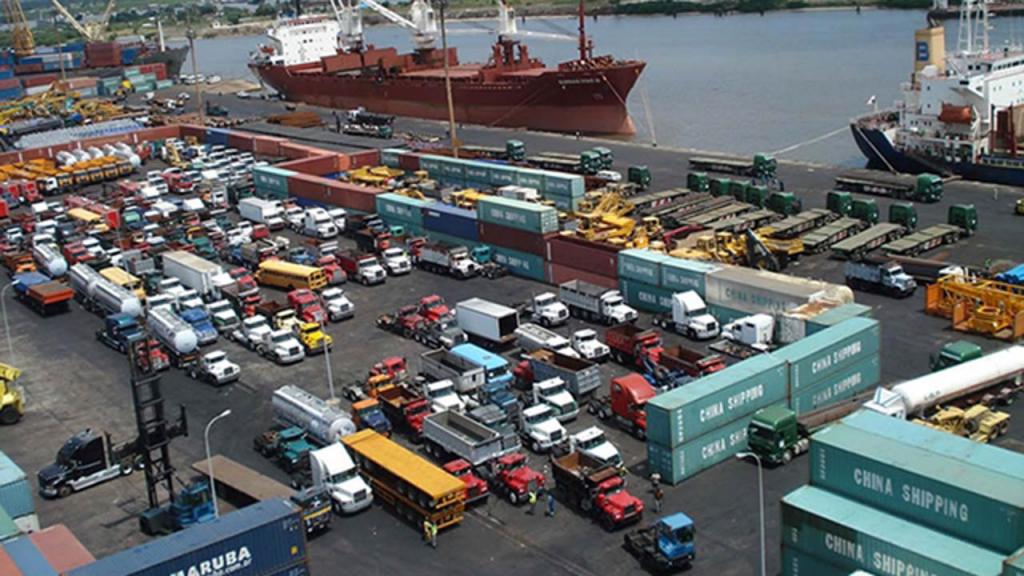
In principle, the temporary storage warehouse can be located anywhere; there are no restrictions on this matter in the legislation. But it is known that TSW is primarily a subject of foreign economic activity. Therefore, most often these warehouses are located near the places of international traffic. These are airports, railway stations, seaports and automobile checkpoints. Wherever foreign economic activity takes place, the presence of temporary storage warehouses is a mandatory requirement. Where there is customs, TSW should be required.
Upon receipt of the license, the owner is obliged to inform about the purpose of the TSW project and its establishment.Objectives may be as follows:
- storage of own goods;
- storage of goods belonging to a limited circle of persons;
- storage of goods and vehicles of any kind, etc.
Cargo specifics
In some cases, goods placed at the TSW for customs operations should only be stored under special conditions. Therefore, the head of the customs authority has the right to give permission to move such goods to other places where there is suitable equipment for storage. Most often these are perishable goods - dairy and meat products, vegetables and fruits.
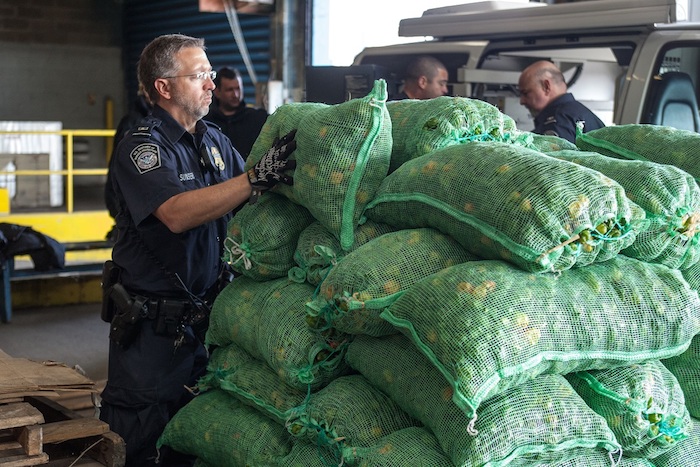
Non-standard cargoes, which include bulk, oversized or bulky goods, also fall under the same procedure for customs storage at other sites. Moreover, they are regarded as goods located at the TSW.
TSW services: what is included in them
The services of the temporary storage warehouse are well regulated and scheduled according to the stages of the work process:
A fee is charged for entry to the TSW and parking on its territory. This service is comprehensive, it includes:
- issue of a document confirming arrival at customs;
- verification and acceptance of accompanying documents for goods and their submission to the customs authority;
- daily parking at the warehouse site.
Paid for loading and unloading goods, storage at the TSW.
In cases of consolidated cargo consisting of goods belonging to several customers, customs clearance can take place at different terminals. Then the unloading and storage of goods is carried out at the TSW. This translates into additional costs.
What is hosted at TSW
At the TSW, mainly small imported goods are placed before their release under the customs regime. These include all types of imported goods, including those that were illegally transported across the state border of the Russian Federation. At the temporary storage warehouse you can even place goods prohibited for import into the Russian Federation.
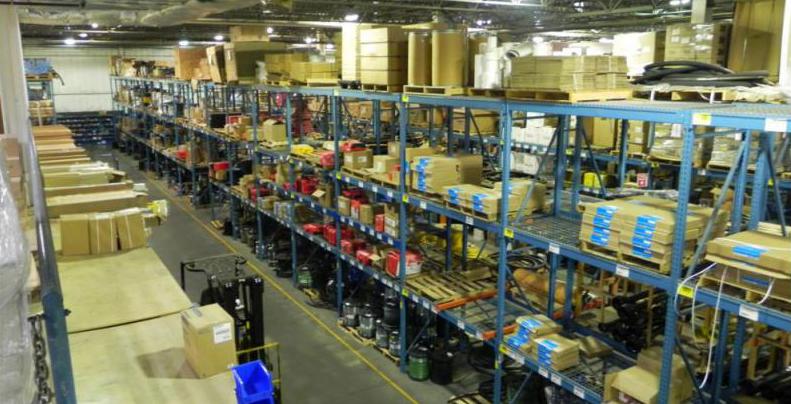
To place goods at the TSW, very few documents must be provided, including a minimum list of characteristics of the goods. It is important to remember that goods located at the TSW may not be under the customs regime, and it is not necessary to submit a state customs declaration.
Such nuances and details of the relationship between the owner of the TSW and the owner of the cargo are entered into the contract for the provision of services between them.
What documents need to be provided at the TSW
The minimum package of documents for placing cargo at the TSW is as follows:
- accurate information about the consignee and sender of the goods: name and location;
- information on the cargo must coincide with the transport papers to the nearest comma;
- information about the country of the sender and the country of the recipient;
- names of goods, their quantity and purpose;
- number of packages;
- marking and type of cargo packaging;
- cargo value;
- gross weight or exact volume of cargo;
- HS codes - nomenclature codes of foreign economic activity.
It is important to remember that no other documents are needed anymore, and customs officers cannot ask or demand anything else. From the owner of the TSW, you need to submit a report in the form to the customs authorities.
Terms of temporary storage of cargo
The period of stay of goods at the TSW should be clearly controlled. Firstly, there is a two-month limit in the total duration of the goods in the warehouse. Secondly, they are paid every day.
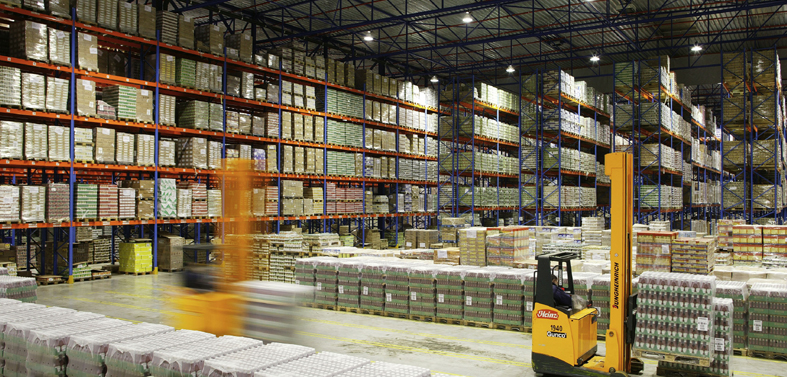
The usual shelf life at the TSW is 2 months. This period can be extended by 4 months if necessary. Baggage from an airplane not received by a passenger can be stored for six months. For some goods, the storage period at the temporary storage warehouse is less than two months (indicated in a special list).
Any change in the storage period is made only after a statement to the head of the customs authority. It is important to have time to file this application before the initial deadline. The renewal procedure usually takes one day.
During the storage of goods at the TSW, some operations can be performed with them aimed at maintaining the integrity of the cargo and its movement within the warehouse territory.
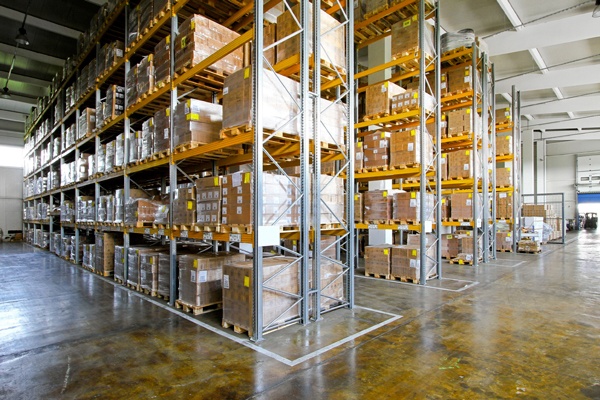
Forced and voluntary placement of goods
The vast majority of cargo is placed at the TSW voluntarily. But taking into account the “illegibility” of the temporary storage warehouse, the reception of almost any cargo sometimes involves forced placement. It is produced only in some cases:
- if the goods prohibited for import into the Russian Federation cannot be released;
- when illegally crossing the border without paying duties and taxes;
- in case of other violations of customs legislation.
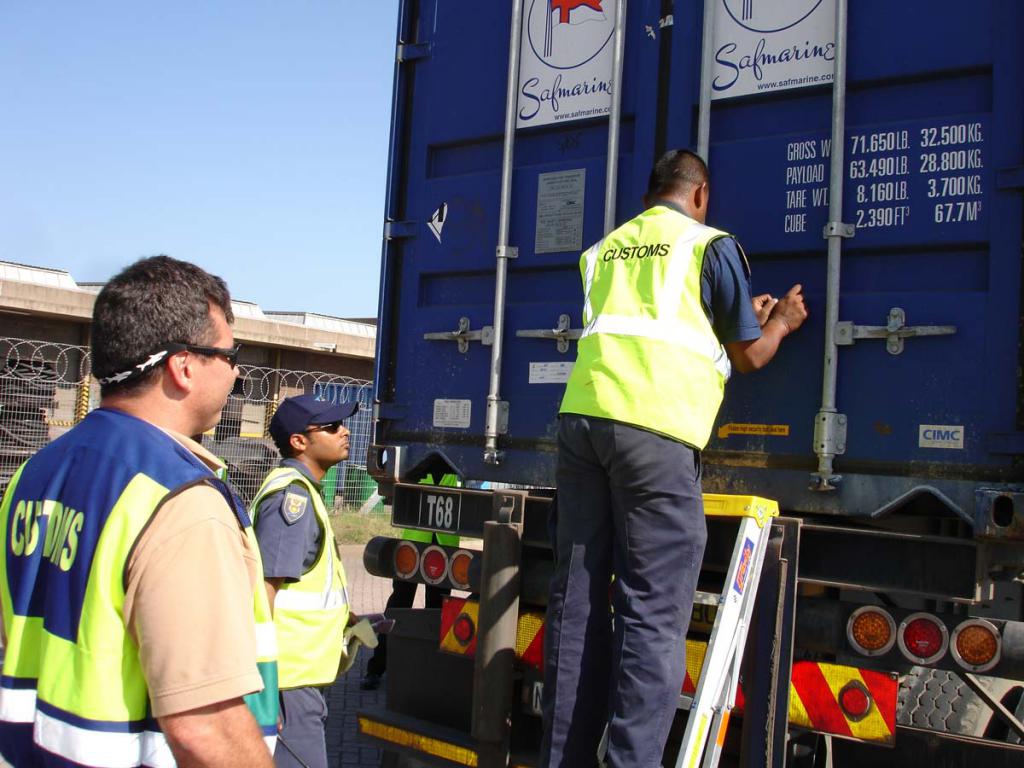
One way or another, the shelf life of goods at the TSW is small - only 2 months. In addition, when crossing the border, it becomes a cargo sent for temporary storage. During this period, it is quite possible to find a solution to customs clearance problems.
One of the advantages of TSW is the small volume and simplicity of the package of documents. We must not forget that TSW is storage without payment of customs duties, in which there is no need to declare a customs regime. All these features can help in processing problem goods without violating the law.
